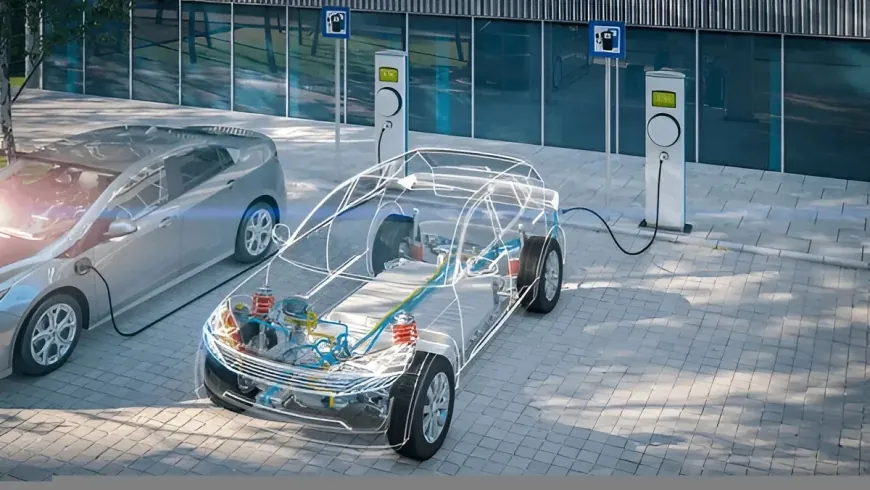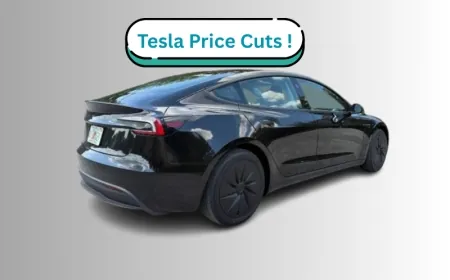China’s Rare Earth Export Curbs Put Europe’s Electric Vehicle Industry at Risk
China’s new restrictions on rare earth exports may disrupt Europe’s auto manufacturing. Italy’s auto parts lobby warns that low material reserves could affect electric vehicle and component production.

Milan, Oct. 15 — Europe’s carmakers are facing new risks to electric vehicle production as China prepares to tighten restrictions on rare earth metal exports, according to Italy’s leading auto parts industry group.
Roberto Vavassori, chairman of the Italian Automotive Industry Association (ANFIA), said on Tuesday that the region’s reserves of rare earth materials have dropped to critical levels. With China controlling most of the world’s refining capacity, he warned that any further export limits could quickly disrupt manufacturing.
“The reserve cushion that helped us through earlier supply delays is now gone,” Vavassori said at the ForumAutoMotive conference in Milan.
Rare Earths Critical for Electric Vehicles
Rare earth elements such as neodymium, praseodymium, and dysprosium are essential for electric motors, battery systems, and other high-performance vehicle components. Although these metals are mined in several countries, China refines nearly 90% of global rare earth output, giving it significant leverage over global supply chains.
Last week, Beijing expanded its export controls to include additional refined materials, citing “national security” concerns. The move follows earlier slowdowns that came even after a July trade understanding between China and the European Union intended to ease shipments.
Europe’s Auto Industry Faces Rare Earth Shortage
European carmakers are running low on crucial rare earth metals needed for electric motors and other vehicle components. Previously, manufacturers relied on stockpiles to manage earlier export limits from China, but those reserves are now almost gone.
Industry experts warn that continued shortages could slow electric vehicle production and raise the cost of essential parts.
“Even though the global rare earth market is relatively small — under $5 billion — these metals are vital for the automotive supply chain,” said Roberto Vavassori, chairman of Italy’s auto parts association ANFIA.
Europe’s Search for Alternatives
The European Union has been working to reduce its reliance on Chinese critical minerals through the EU Critical Raw Materials Act, which aims to source at least 10% of key materials domestically and recycle 25% by 2030. Projects in Sweden, France, and Estonia are exploring rare earth processing, but most are still in development and years away from commercial output.
Experts say recycling programs for magnets and motors could eventually help fill part of the gap, but they currently meet less than 1% of annual demand.
“The next two years will be crucial,” said an Italian automotive analyst. “If European manufacturers cannot secure steady rare earth supplies, electric vehicle production targets will be difficult to achieve.”
Also Read: EV Market Expected to Grow Despite End of $7,500 Tax Credit, Says Former Tesla Exec
































































